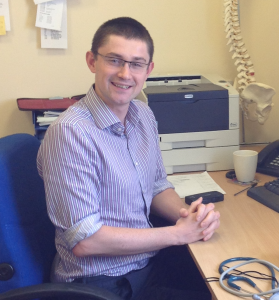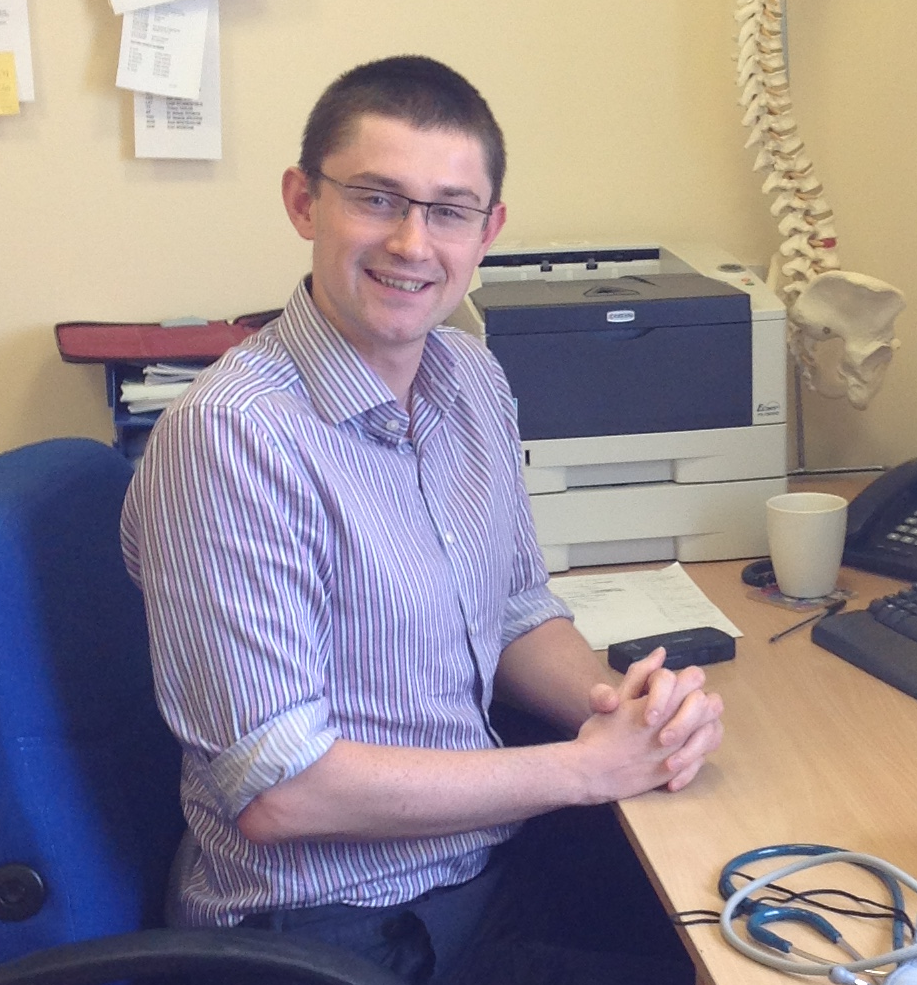 James Pearson is an ST3 trainee in Bath and the education scholar for the year.
James Pearson is an ST3 trainee in Bath and the education scholar for the year.
Suddenly you are sitting there alongside all these very intelligent people and the familiar world of sixth form seems so far away. I still remember my first day at medical school when the year group were told in our welcoming lecture that the majority of us would become GPs. I distinctly remember my reaction and that of all my peers was one of surprise and shock! How could they suggest something as absurd as that?
At that point, our exposure to medicine had mostly involved work experience in secondary care and for a few of us, some volunteering in the charity sector. Only a rare handful had managed to secure some experience in primary care. This was mainly by means of a relative or friend with suitable contacts as there are many barriers; issues with confidentiality and perceived maturity of students to name but two. Looking back, it seemed as though we were programmed from the start and had no aspiration for General Practice – we only had personal experience and tales from the media to inform us.
Consequently, I decided to set out on a quest in my role as the ST3 Bath patch Educational Scholar to try and change this locally. I also wanted to provide an excellent opportunity for GP trainees to lead and organise a placement as well as some experience in supervision. Working alongside my counterpart in the Bristol area (Dr Howse) we recruited 32 sixth formers from schools in the local area who were planning to apply to medicine in the current academic cycle. They were a shortlist of the best as determined by their application form, personal statement and teacher reference including predicted grades. We were overwhelmed by applicants and had to turn away those unless they had a realistic chance of a successful application to medical school.
By meeting them all at our carefully planned one-day preparation course, I observed their enthusiasm for medicine and it was rewarding to be able to enlighten them on topics such as ‘the role of the GP’ and ‘members of a practice team’. It was astounding to hear their views in small group work and as predicted from this and their pre-course questionnaires, their views on General Practice were misled and mistaken. It gave us the chance to set the record straight, promote our career, brief them on confidentiality and explain our expectations of prospective medical students. Overall the feedback we received at the end seemed to have a positive impact on their attitudes and all were keen to undertake the offered work experience in General Practice.
Using the demographic knowledge obtained from the application form, we were able to ensure that no student lived or went to school in the area their allocated practice was based. This had previously been one major barrier when pupils had contacted their local practice and were declined for fear of them knowing some of the patients. They were then allocated a GP trainee and left to liaise together about suitable dates as well as the format of their work experience. Further information from the pre-course questionnaires on three things the pupil wanted to get out of the experience helped trainees plan specific activities for the individual. For example, my allocated student was able to spend time with different members of the practice team and really enjoyed watching minor surgery done at the practice. She was amazed at the variety of things that were on offer and the array of opportunities available.
The first year of this project is now coming to a close and certainly each student now has a subsidiary mentor who could help them through the application process. I really hope that this has given realistic prospective medical students an insight in to primary care and we were able to overcome the barriers to gain the experience. I am not intending to suddenly convert all these students in to budding GPs but I really feel that at the moment as a profession we are not doing enough to promote our career to this group of young minded individuals where a lot of their early experiences can shape their ideas on the future.
Let’s hope that their reaction at their first day at medical school to the obligatory statement of “most people will be GPs” is different to my year group’s.







